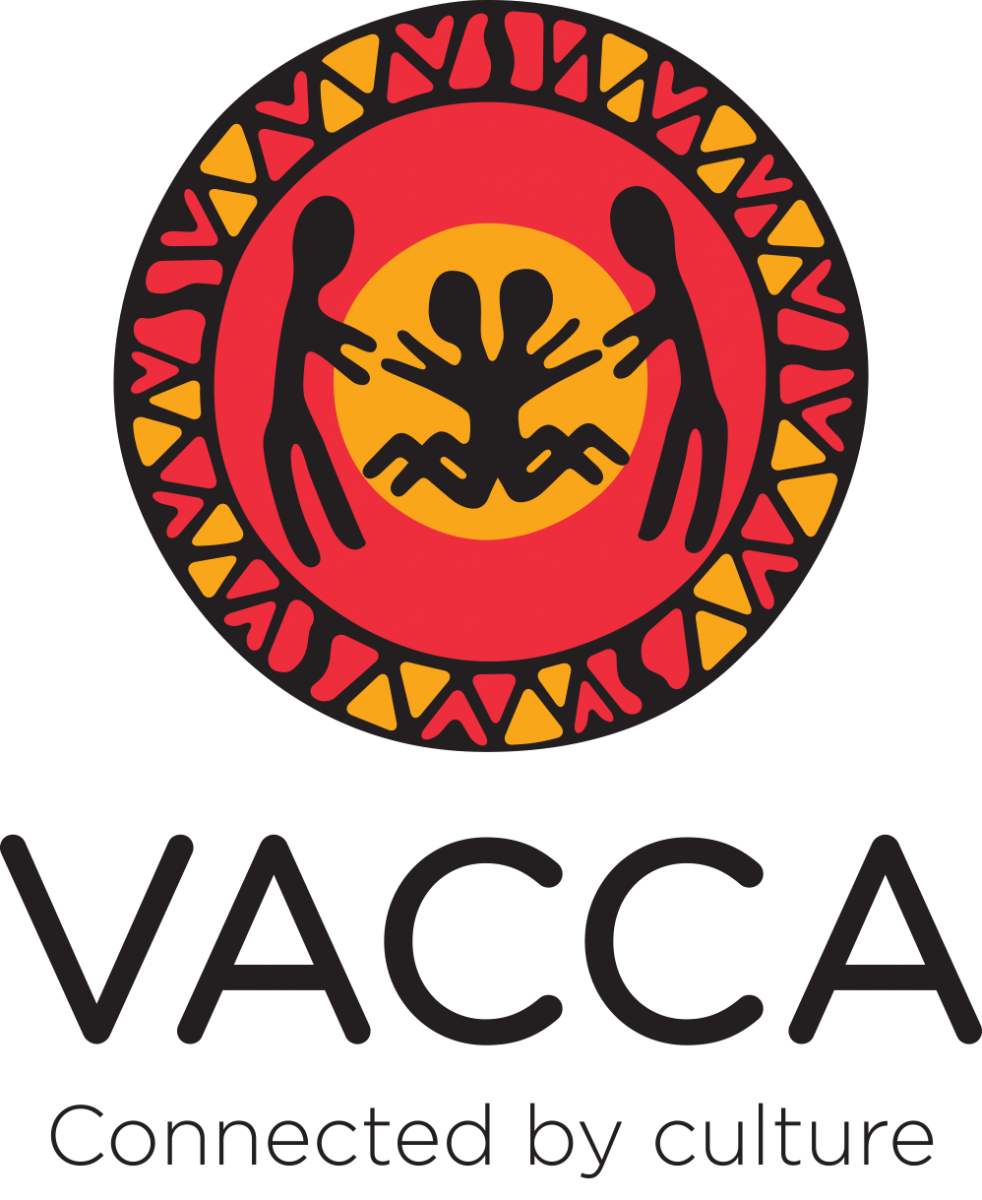
Today is the first day of the National Summit on Women’s Safety. Every day in Victoria crime statistics show 16 Aboriginal women will report family violence to police, but many more will reach out for help from Aboriginal-led organisations, and many more again will stay silent because they fear not being believed or worse, being misidentified as the perpetrator of abuse.
Muriel Bamblett, CEO of the Victorian Aboriginal Child Care Agency (VACCA), the largest Aboriginal-led provider of family violence services in Victoria said, “As Aboriginal people we have been promoting the need to adopt a holistic approach to address the causes and the consequences of family violence in Aboriginal and Torres Strait Islander communities. If we treat it as simply a law and order matter, a matter of legal compliance, or a health matter, we will not Close the Gap or achieve lasting improvements. The solutions are complex, multi-faceted and require long term focus and commitment to address.”
In Victoria and nationally there are noticeable gaps that have easy solutions. There are no funded, Aboriginal-led dedicated women’s health organisations, women’s policy units, women’s information and referrals services – the answer is to create them. Aboriginal women and families need victim centred responses to their experiences of violence. A national Aboriginal community led Family Violence centre for Excellence would build the Aboriginal evidence base, best practice approaches resulting in consistent responses to family violence for women, children and families regardless of where they live.
“Too long have we accepted that it’s 'normal' for others to dictate what’s right for Aboriginal families, women and children and that unfortunately has been less. Less funding, less resources, less government action. We have been quietly leading community change for decades, now at this Summit, Aboriginal voices have joined together to urgently and loudly call for the gap to close and to encourage more Aboriginal voices to join our chorus.”
“Family Violence is also about lack of respect for Aboriginal and Torres Strait Islander culture and women. We need to fight it as Aboriginal and Torres Strait Islander peoples and rebuild our proud traditions and community structures so that there is no place for fear and intimidation" Ms Bamblett said.
We can no longer accept the making of commitments to address Aboriginal and Torres Strait Islander inequality without putting into place adequately resourced processes and programs to match the stated commitments. We can also not continue to accept the failure of governments to commit to an urgent plan of action. It is not acceptable to continually state that the situation is 'tragic' and ought to be treated with urgency, and then fail to put into place bold targets to focus policy making over the short, medium and longer term or to fund programs so they are capable of meeting these targets to Close the Gap.
Governments must work in partnership with Aboriginal and Torres Strait Islander peoples and communities to identify and implement solutions to address family violence and abuse. There are significant processes and networks already in place in Aboriginal and Torres Strait Islander communities to progress these issues. We need to support them to lead efforts to stamp out violence.
Ms Bamblett encouraged government to be bold; “There must be accountability measurements put into place to hold governments to their commitments. We require a urgent change in mindset of government. Current approaches pay for the consequences of disadvantage and discrimination. It is a passive, reactive system of feeding dysfunction, rather than taking positive steps to overcome it. We need a pro-active system of service delivery focused on building functional, healthy communities.”
For all media enquiries, contact Siobhan O'Neill, Communications Manager | 0439 921 589


